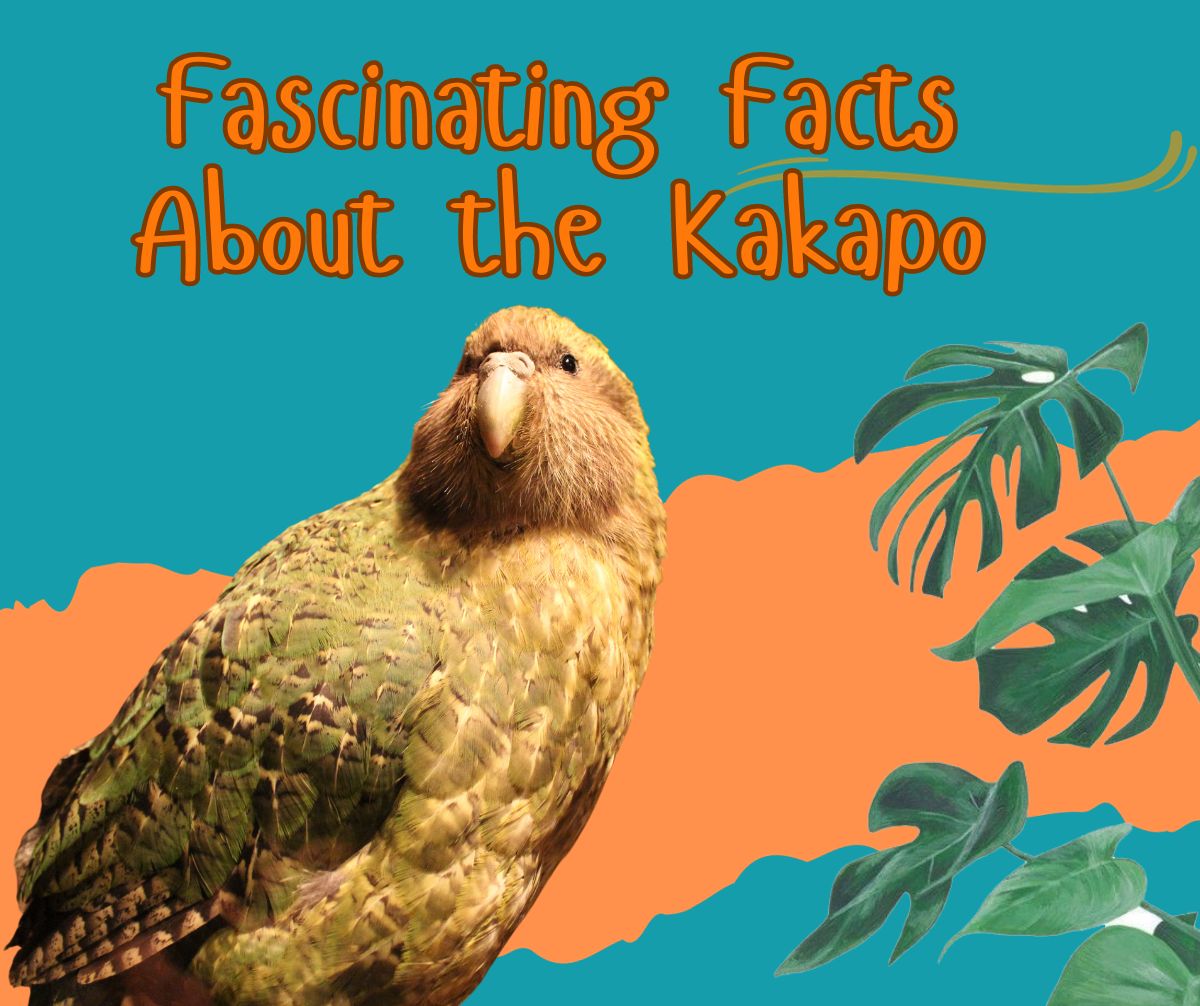Agriculture has long been the backbone of human civilization. From ancient times to today, our dependence on the land and its produce remains paramount. Yet, with the advent of modern technology, we’re on the brink of an agricultural renaissance.
What is CRISPR?
CRISPR, or Clustered Regularly Interspaced Short Palindromic Repeats, is a groundbreaking technique for editing genes.
Think of it like nature’s own cut-and-paste mechanism. With it, scientists can modify DNA sequences and correct genetic defects.
Disease Resistance: CRISPR allows crops to be modified to resist certain pests and diseases. This means healthier crops, without the over-reliance on chemical pesticides.
Drought Tolerance: Climate change is no joke. With erratic weather patterns on the rise, it offers a ray of hope by enabling crops to survive in less-than-ideal water conditions.
Enhanced Nutritional Value: Imagine rice with extra vitamins or tomatoes with more antioxidants. it can make it happen, ensuring healthier meals on our tables.
Extended Shelf Life: No one likes throwing away rotten produce. Thanks to gene editing, fruits and vegetables can now last longer in our fridges and reduce wastage.
Eco-friendly Farming: Reducing the need for pesticides and fertilizers, it paves the way for a more sustainable and eco-friendly agricultural practice.
Rapid Growth Cycles: With the global population booming, the need for food is ever-increasing. it allows crops to mature faster, ensuring a steady food supply.
Customization for Local Conditions: Different regions have distinct soil types, weather patterns, and challenges. CRISPR enables crops to be tailor-made for specific locales, boosting yields.
With great power comes great responsibility, right? While CRISPR holds immense promise, there are ethical concerns tied to gene editing. The good news? Renowned institutions and committees are on it!
In the grand tapestry of human advancement, CRISPR shines brightly as a beacon of hope for agriculture. As we harness its potential responsibly, a greener, healthier, and more abundant future awaits us all.


